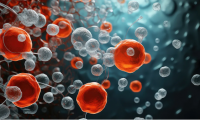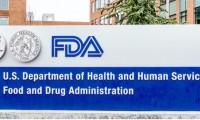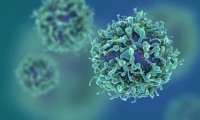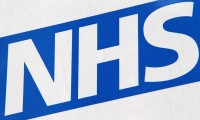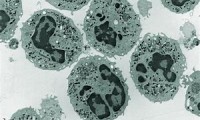-
FDA Warns Drugmakers of Additional Cancer Risks Associated with CAR T-Cell Therapy
- Source: drugdu
- 102
- January 26, 2024
-
Gilead’s Tecartus gets revised safety demand amid FDA’s push for CAR-T boxed warnings
- Source: drugdu
- 90
- January 26, 2024
-
FDA to investigate risk of T-cell malignancy from CAR-T cell immunotherapies
- Source: drugdu
- 104
- December 4, 2023
-
Kite and Arcellx expand strategic collaboration
- Source: drugdu
- 157
- November 20, 2023
-
New injectable cell therapy could resolve osteoarthritis
- Source: drugdu
- 120
- April 25, 2023
-
J&J study data show dramatic benefit to multiple myeloma cell therapy
- Source: drugdu
- 112
- April 20, 2023
-
Torque’s T cell ‘Backpacks’ Show Promising Results Against Solid Tumors
- Source: FierceBiotech
- 1,116
- July 11, 2018
-
CAR-T therapy could be available to NHS patients this year
- Source: pharmatimes
- 5,100
- April 28, 2018
your submission has already been received.
OK
Subscribe
Please enter a valid Email address!
Submit
The most relevant industry news & insight will be sent to you every two weeks.

